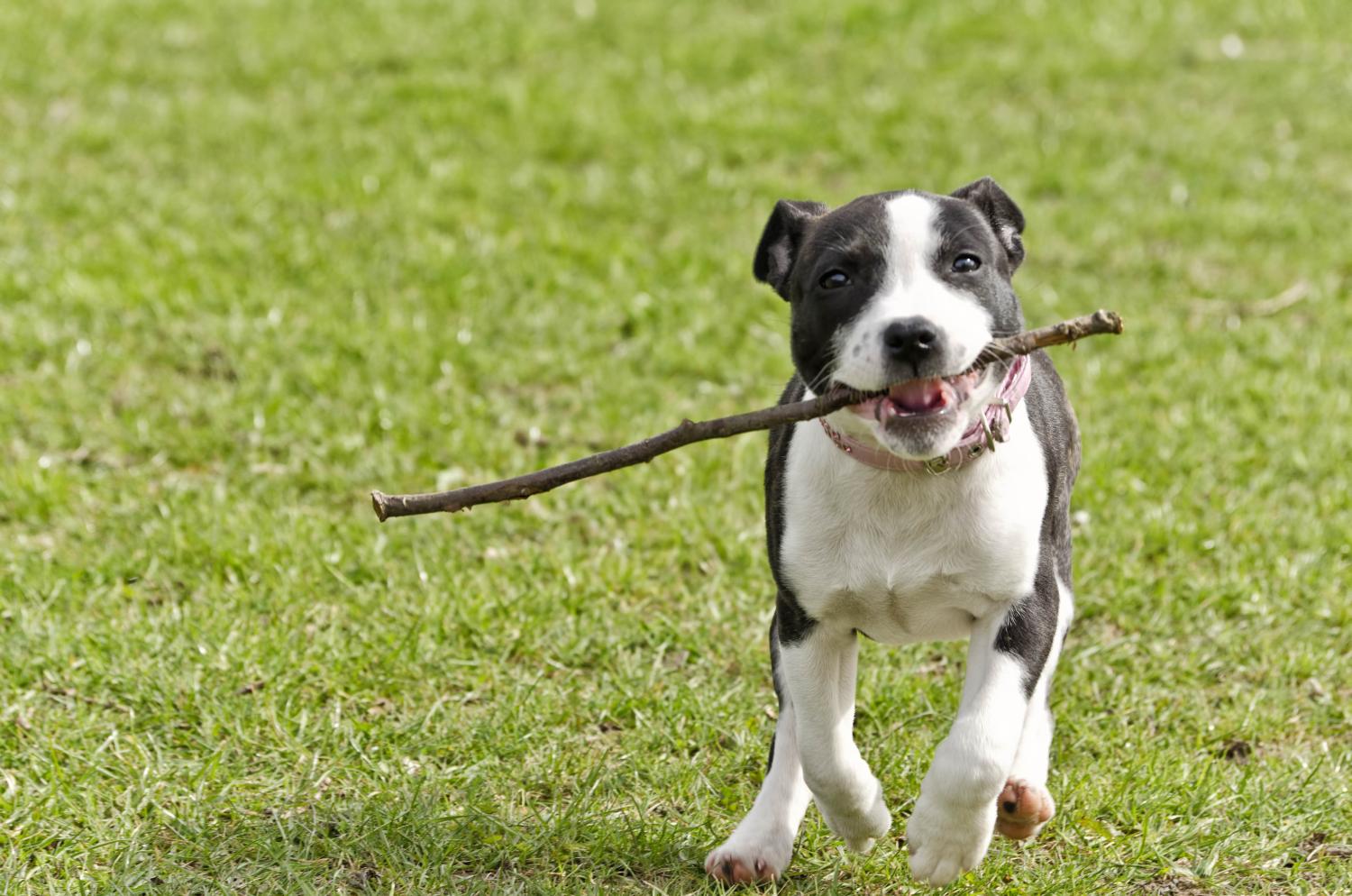If your dog’s mouth is shaking and drooling, it could be a sign of stress or anxiety, dental issues, or neurological problems. These symptoms should be evaluated by a veterinarian to determine the underlying cause and provide appropriate treatment.
Shake and drool in your dog’s mouth can indicate discomfort or pain, so it is important to address the issue promptly to ensure your dog’s well-being. We will explore potential reasons for a dog’s mouth shaking and drooling and discuss when it is necessary to seek veterinary attention.
By understanding these symptoms and their potential causes, you can provide the necessary care for your furry friend.
Dental Problems
Dogs may experience shaking and drooling due to dental problems like tooth decay and gum disease. Their mouths may also shake and drool because of malocclusion, which refers to the misalignment of teeth. Additionally, fractured or broken teeth can cause these symptoms in dogs.
If you notice your dog exhibiting these signs, it’s important to take them to a veterinarian for a dental examination. Neglecting dental issues can lead to pain, gum infections, and difficulty eating. Regular dental care, such as brushing your dog’s teeth, providing dental chews, and scheduling professional cleanings, can help prevent these problems.
Taking care of your dog’s oral health is crucial for their overall well-being and can help ensure a happy and healthy life for them.

Credit: www.northgatevet.com.au
Neurological Disorders
Dog owners may notice their pet’s mouth shaking and drooling, which can raise concerns about their health. One possible cause of these symptoms is neurological disorders. Seizures and epilepsy are common conditions that can affect dogs, leading to shaking and drooling.
Another potential cause is the distemper virus, which affects a dog’s central nervous system and can cause various neurological symptoms. Additionally, dogs experiencing neurological trauma, such as head injuries or spinal damage, may also exhibit mouth shaking and drooling. If a dog is displaying these symptoms, it is important to consult a veterinarian for a proper diagnosis and treatment plan.
Understanding the underlying neurological causes can help pet owners provide the necessary care and support for their dogs’ wellbeing.
Potential Health Concerns
Dog owners may become concerned when they notice their pet’s mouth shaking and drooling. These symptoms can suggest potential health issues that require attention. One possible cause is poisoning or exposure to toxic substances, such as certain plants or chemicals.
It’s important to be aware of potential hazards in your dog’s environment. Additionally, dogs can also have allergic reactions to certain foods, medications, or environmental triggers. These reactions may cause shaking and drooling as well. Another factor to consider is the side effects of medications that dogs may be taking.
Some medications can cause these symptoms as a side effect. If you notice your dog experiencing these symptoms, it’s best to consult with a veterinarian to determine the exact cause and appropriate course of action.
Conclusion
If you notice your dog’s mouth shaking and excessive drooling, it is essential to pay attention to the underlying causes. It could be a result of excitement, anxiety, or even a sign of a more serious health issue. Observing other accompanying symptoms such as vomiting, diarrhea, or changes in appetite can help you determine the cause more accurately.
Additionally, dental problems, such as tooth decay or gum disease, should not be overlooked. Regular check-ups with your veterinarian and maintaining good oral hygiene for your furry friend can go a long way in preventing such issues. Remember, a dog’s mouth shaking and drooling should not be ignored.
It is always better to be safe than sorry when it comes to your pet’s health. By being proactive and seeking veterinary care when needed, your beloved furry companion will continue to lead a happy and healthy life.
